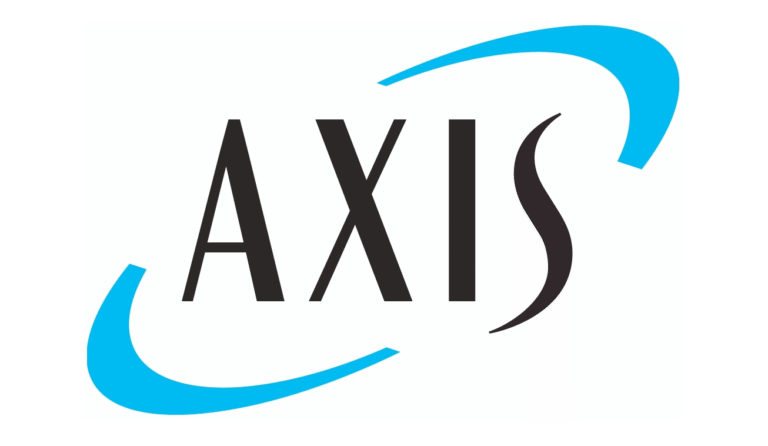
A new report from Sollers Consulting, a business and IT consultancy specialising in digital transformation for insurers and financial institutions, reveals that artificial intelligence (AI) has firmly established itself in the insurance industry, particularly in claims processing.

The publication, titled “Beneath the Surface of AI in Insurance,” draws on detailed interviews conducted by Sollers Consulting with senior executives from 35 insurance organisations across Europe and North America, including the UK, Germany, France, Switzerland, the Nordic countries, the United States and Canada.
According to Sollers Consulting, AI is already transforming many operational processes and is expected to have a profound impact on underwriting within the next three to five years.
The consultancy reports that the greatest short-term influence of AI lies in claims handling, back-office operations and customer experience.
Interviewed managers also anticipate that AI will soon play a more decisive role in underwriting, risk prevention and sales. For customers, Sollers Consulting notes, the growing application of AI means faster claims assessments, more efficient underwriting decisions, clearer communication of risks and increasingly individualised pricing.

While large language models (LLMs) are becoming widely used in the insurance industry, Sollers Consulting warns that governance structures have not kept pace with technological progress.
The consultancy observes that some insurers have introduced general-purpose AI tools for internal experimentation, but this can lead to complexity and duplication without proper coordination.
The study finds that 26% of insurers surveyed by Sollers Consulting have no formal AI governance model in place. According to the firm, this lack of structure may hinder scalability and the ability to generate synergies between projects and departments.
“Insurers that fail to establish governance structures to support AI transformation risk falling behind in a market that is rapidly moving towards AI, automation and predictive decision-making,” said Piotr Kondratowicz, Business Architect at Sollers.
Sollers Consulting reports that AI is now widely used to enhance claims management, particularly in motor insurance. Around 64% of insurers have implemented AI in areas such as document deduplication and email triage. However, automation in underwriting remains at an early stage.
According to the Sollers Consulting findings, data extraction is currently the most common AI use case, applied or in development at 69% of insurers, followed by chatbots at 60%. The adoption of AI-assisted call centre tools remains limited, with only 38% of companies currently using them.
“AI is primarily used to automate data capture, document processing and parts of the claims handling process,” added Kondratowicz. “Over the next three years, however, we will see a dramatic expansion into underwriting processes, pricing and customer-facing areas such as product offerings and digital services.”
Sollers Consulting concludes that while AI has become a cornerstone technology for insurers, many organisations still lack the structural and strategic maturity to take full advantage of its potential.
The consultancy advises that those investing in clear governance, streamlined IT architecture and coordinated AI initiatives will be best placed to lead the next stage of transformation.





